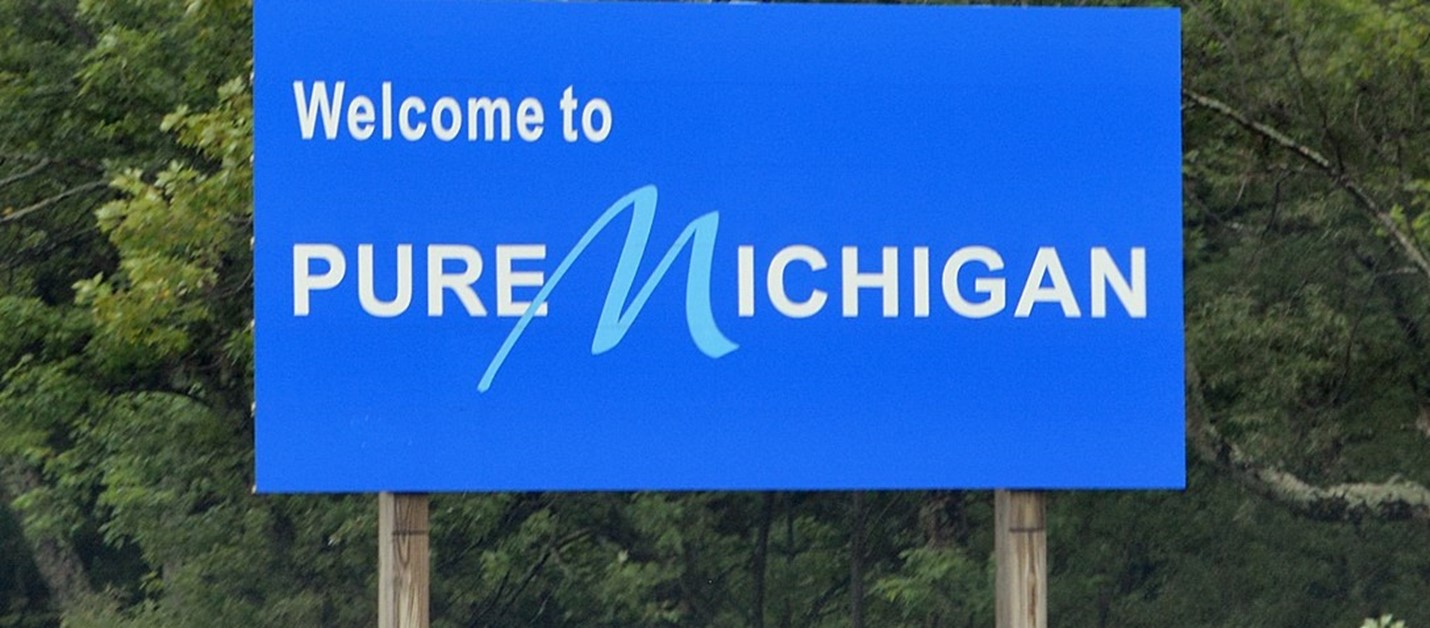Category: Deed Restrictions
-

Political Signs: A Deed Holder’s Guide to Laws and Limits
Is there a First Amendment right to display political signs of any kind, size, or position on the sign poster’s own property? At first, the answer might seem to be a flat-out yes. The Constitutional commitment to free speech prevents heavy-handed government interference with political messaging. But states place limits on what residents may do…
-

Fairer Play: Counties Will Adopt AI to Delete Racial Deed Restrictions
Ever read through your deed and find a stink bomb like this? “The said premises shall not be sold to, owned, used or occupied by any person or persons other than those of the Caucasian race.” That’s a deed restriction placed on hundreds of Haverford Township, Pennsylvania titles in the 1920s, found by investigators at…
-

A Minnesota First: Twin Cities Suburb Requires Removal of Race-Based Deed Restrictions
Mounds View, Minnesota is making history with its new ordinance requiring home sellers to remove race-based deed restrictions before selling. Mounds View adopted its new ordinance on July 23, 2024. It’s official. Mounds View, a Minneapolis – St. Paul suburb, will now require the removal of racially restrictive covenants from deeds. Racial covenants (a.k.a. race-based…
-

Wait—Did Alabama Put Restrictions on Flooded Home Deeds So Owners Can’t Sue?
Homeowners in Shiloh, situated in Coffee County in southern Alabama, have questions. According to an exposé by Inside Climate News, officials put deed restrictions on their home titles, preventing them from suing the state. These covenants run with the land, binding the deed holders — and anyone who might ever receive their deeds, far into…
-

Driving Change: Can a Real Estate Company Use AI to Root Out Prejudice in Deeds?
Seattle real estate firm John L. Scott is on to something. The company is working with Amazon Web Services to create intelligent document processing. The goal? To help deed holders easily check for race-based deed restrictions — and take action. Race-based prejudice is all too common in deeds across the United States. The language…
-

Deed Restrictions as Affordability Tools
Vacation Town Residents Get Paid to Live in Their Homes Park City, Utah is a tourist mecca. It’s known for the Sundance Resort, with its famous Sundance Film Festival. Need we say it’s a town full of vacation rentals? Two-thirds of Park City’s homes have no one living in them. The supply of homes for…
-

Epic Heat? New Study Links Racial Deed Restrictions to Temperature Risk
What impact do racial covenants in property deeds have on heat-related health risks? You might be surprised. In a first-of-its-kind effort to answer this question, researchers looked at greater Minneapolis. They mapped out the places where homes have a history of white ownership, maintained by racial deed language. These historically exclusive neighborhoods are cooler, with…
-

Michigan Deed Holders: Your Property Rights Could Change
Living in Michigan? It’s time to check your deed restrictions. Michigan deed holders should know that changes made to the state’s Marketable Record Title Act (MRTA) took effect March 29, 2024. And there’s a new deadline to record a notice under the MRTA. KEY POINT TO KNOW: Michigan deed holders now have until September 29,…
-

Facing Up to Discriminatory Deed Language: What Pennsylvania Did
With everything that’s happening in the world, maybe more needs to be said about what the Pennsylvania Senate did in December. Every senator agreed to pass state Rep. Justin Fleming’s H.B. 1289, enabling homeowners to publicly condemn offensive language in deed covenants. The new law 1289 makes it cheap or free, and very simple to…
-
St. Paul Steps Up: City Begins Discharging Racial Exclusions From Deeds
A racial covenant is language in a real estate deed that puts homes off-limits to certain buyers. It could say the deed may not be conveyed to particular social groups, such as Black, Asian, or Jewish people. Recently, St. Paul leadership joined a coalition to remove racial exclusions from Minnesota property deeds. Aptly, it’s called…
-
States Scrub Racial Deed Restrictions From the Records
Missouri’s on a mission — to end racial deed restrictions. Its new law would require deletions of language regarding anyone’s race, religion or national origin from any deeds recorded from now on. Some Missouri homes have deed language that dates back a century, barring people from groups “other than the Caucasian race” from buying or…
-
Virginia and New Jersey Property Owners Are DELETING Unfair Deed Restrictions
Doing Good Deeds Virginia has had enough. Starting in 2020, its lawmakers barred the recording of deeds with restrictive covenants that offend the Virginia Fair Housing Law. Virginia also supplied a way for owners to formally delete these restrictions from existing deeds. Virginia has followed the lead of other states, such as Washington, that help property…
-
Wait, What Do You Mean I Can’t Build This Rock Garden?
Dealing With a Picky Deed Restriction A recent news report on The Villages, a well-known retirement community that spans three Florida counties, discusses a resident who moved back up to Wisconsin after the death of her spouse. The focus of the news column? Her decision to sell her patio villa before correcting a violation of…
-
Can a Homeowner Get Around a Deed Restriction?
As a traditional rule of law, other people shouldn’t be able to restrict our enjoyment and use of our property. This is why the rule against perpetuities prevented people from using deeds to control their properties after their deaths. According to this traditional rule, future generations should not have to live with contingencies placed on…










